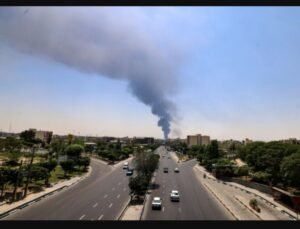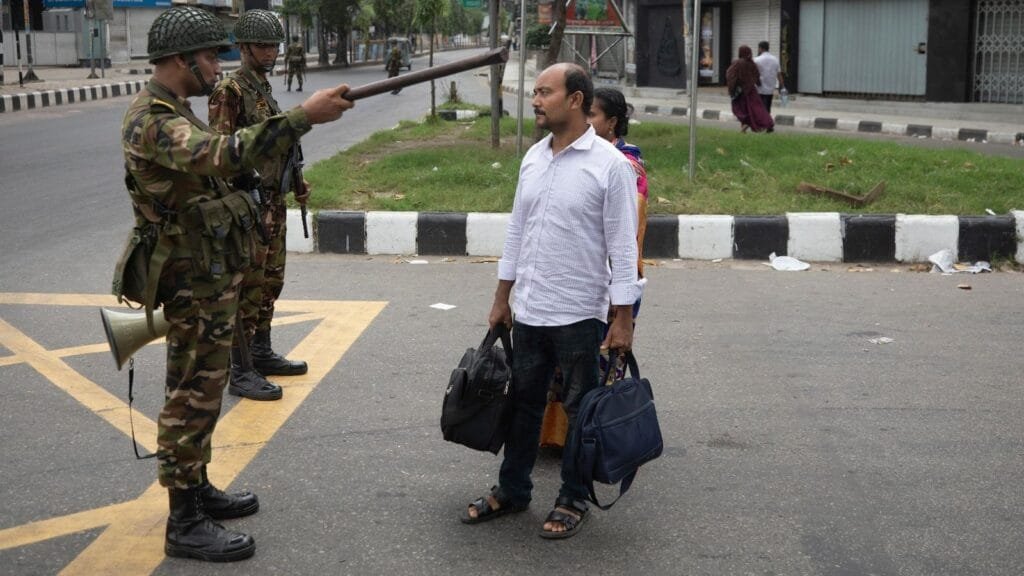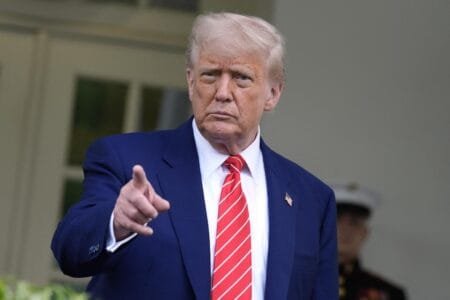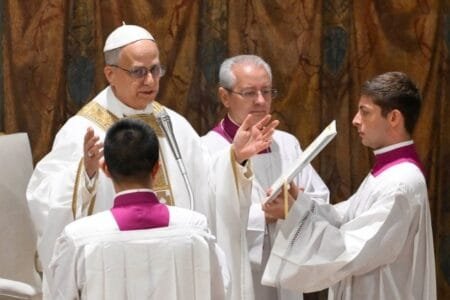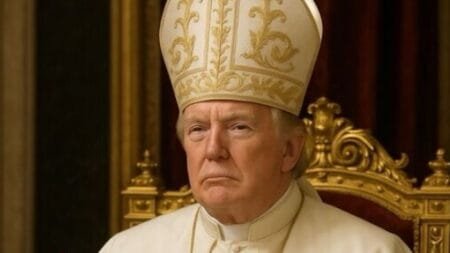Bangladesh’s Supreme Court has ordered a reduction in a controversial quota system for government jobs following widespread student protests.
The unrest began over demands to end a quota that reserved 30% of government positions for relatives of veterans who fought in the 1971 war of independence.
On Sunday, the Supreme Court ruled to cut the veterans’ quota from 30% to 5%. The majority of government jobs, 93%, will now be allocated based on merit, with the remaining 2% designated for ethnic minorities, transgender individuals, and people with disabilities.
The decision addresses accusations that the quota system was discriminatory and disproportionately benefitted supporters of Prime Minister Sheikh Hasina’s Awami League party.
Protests, which have been the most significant challenge to Hasina’s government since her re-election, intensified earlier this week.
Demonstrations turned violent following clashes between protesters and groups linked to the Awami League. There have been allegations of excessive force used by the police against the demonstrators.
Despite the Supreme Court’s ruling, student groups have vowed to continue their protests until their additional demands are met, including the release of detained protesters and the resignation of officials implicated in the violence.
In response to the unrest, the government imposed a curfew, deployed the army, and authorized the use of lethal force to control the protests.
Universities across Bangladesh have been closed, and a communications blockade has been enforced.
The Supreme Court’s intervention comes after the previous government had abolished the quota system in 2018, only for the High Court to reinstate it last month.
This reinstatement triggered renewed protests and a subsequent government crackdown. On Sunday, the Attorney General criticized the High Court’s decision as “illegal,” prompting the Supreme Court’s recent action.
The duration of the curfew remains uncertain, though it was briefly relaxed to allow citizens to purchase essential supplies. The ongoing unrest highlights the deep divisions over the quota system and its implications for Bangladesh’s political landscape.





